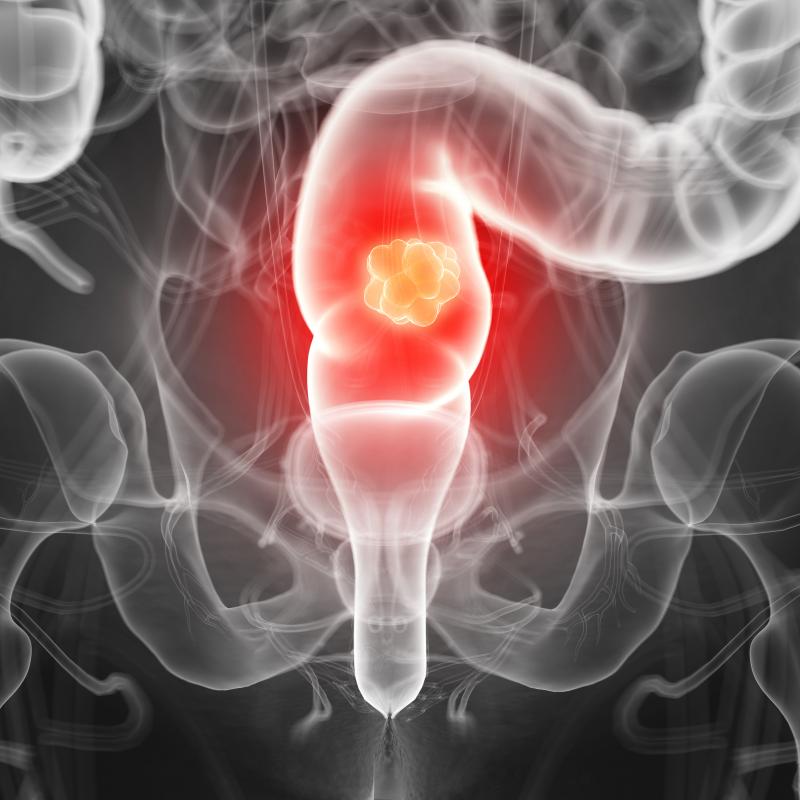
Concurrent treatment with acid suppression therapy and capecitabine in colorectal cancer patients seems to result in decreased progression-free survival, with a trend towards lower overall survival, according to a study.
Seventy patients participated in this study. After adjusting for disease severity and age, patients on acid suppression therapy at capecitabine initiation (21 percent) had reduced progression-free survival as compared to those not on acid suppression therapy (hazard ratio [HR], 2.24, 95 percent confidence interval [CI], 1.06–4.41; p=0.035).
Use of acid suppression therapy also correlated with a numerical decrease in overall survival (HR, 1.86, 95 percent CI, 0.81–3.91; p=0.14).
A decreased rate of progression-free survival (HR, 6.21, 95 percent CI, 2.56–14.32; p=0.0001) but not overall survival (HR, 1.64, 95 percent CI, 0.68–3.54; p=0.25) was observed in patients on any concomitant acid suppression therapy (25 percent) compared with those without after adjusting for disease severity and age.
“Due to the demonstrated potential of decreased efficacy, concurrent use of proton pump inhibitors or histamine 2 receptor antagonists should be avoided in colorectal cancer patients on treatment with capecitabine monotherapy,” the investigators said.
This single-centre retrospective cohort study included adult patients with colorectal cancer on capecitabine monotherapy between 2011 and 2017. The investigators compared progression-free survival and overall survival between patients on and not on acid suppression therapy.
“Capecitabine is an oral chemotherapeutic agent used in colorectal cancer,” the investigators said. “Two prior studies found a negative impact with the concomitant use of proton pump inhibitor agents during treatment with capecitabine in patients with early colorectal and gastroesophageal cancers.”